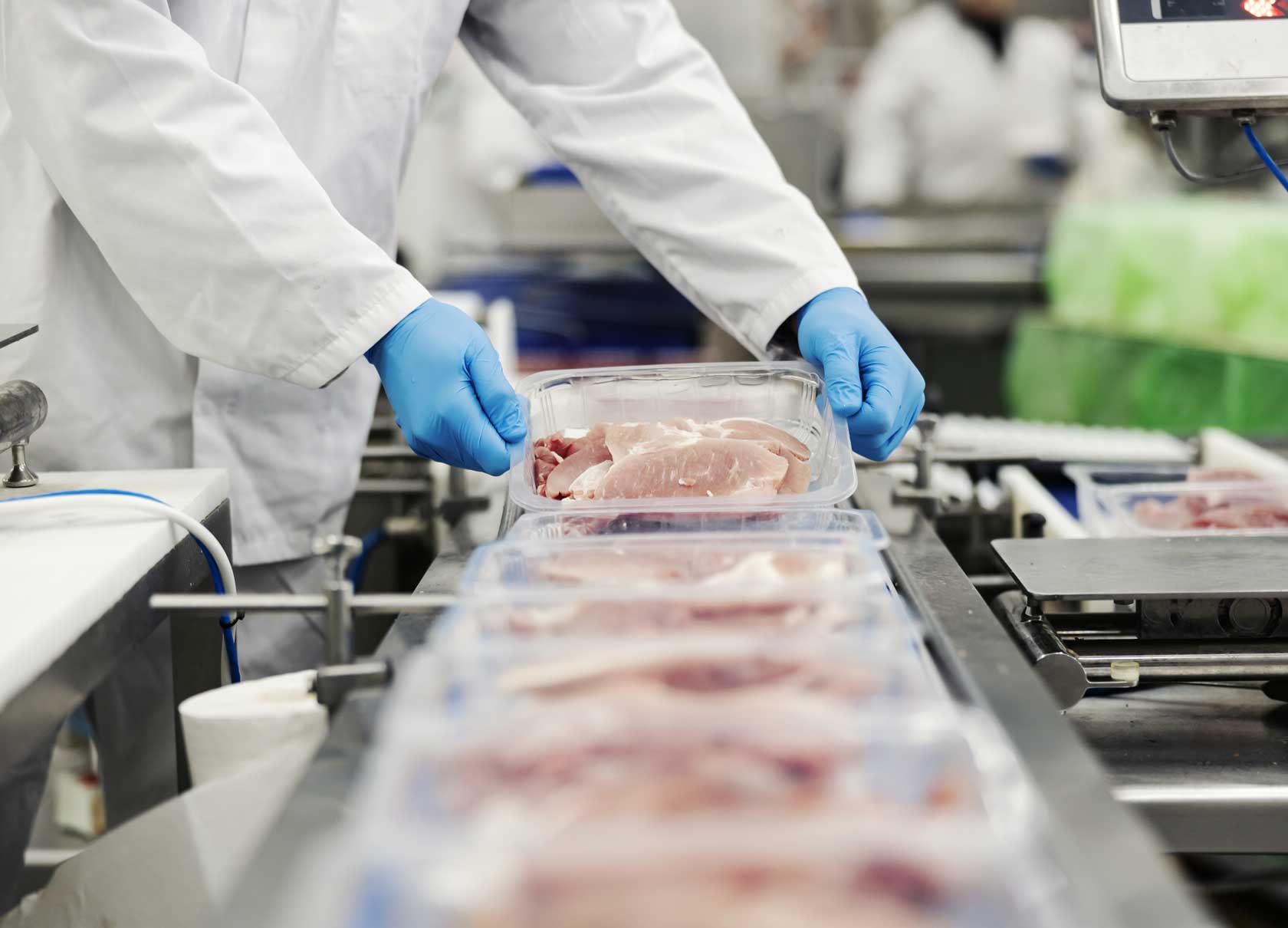
Current guidance from the Food Standards Authority is very precautionary and research is ongoing to discover whether the rules they are enforcing are appropriate for the level of risk. Part 1 of this series talks about this.
Until the latest evidence is available to either challenge or confirm current guidance, BMPA’s recommendation to manufacturers is to ensure that they are familiar with the FSA’s requirements and have implemented all necessary measures to comply with the rules as they currently stand.
Whether a Food Business Operator (FBO) is compliant or not revolves around being able to demonstrate to an FSA auditor that the company’s food safety management procedures are based on Hazard Analysis and Critical Control Point (HACCP) principles; that a plan is in place; and that it is being applied correctly.
FBOs must demonstrate that the risks have been considered and understood and also provide evidence of relevant control procedures. This can be done by gathering internal documents, FSA 2017 guidance and other existing scientific data as evidence to support your manufacturing process decisions.
A number of methods can be used to gather this evidence, which range from predictive microbiology modeling through to historical data and specific laboratory shelf life studies.
Considerations across the entire supply chain
David Lindars, Technical Policy Advisor at BMPA advised that “manufacturers will need to satisfy an auditor that the risk of C. botulinum growing has been considered during the whole shelf life of the product.
“In addition to considering what happens to meat products when they leave the factory, manufacturers must also take into account what happened before they arrived. “
A spokesman for the FSA confirmed that “A food business in another EU country or a third country supplying businesses in the UK should ensure the food products they supply is safe, should have control factors in place to justify the shelf lives they apply and should ensure that the product will remain safe during the shelf life they apply.
“UK food businesses ordering vacuum packed or modified atmosphere packed cured meat products from another country should ensure their supplier has appropriate controls in place.
The ’10-day rule’ can be confusing and the date it is applied from will depend on how products have been processed and stored.
The FSA has published full guidance and a shorter fact sheet that provide details on what manufacturers should have in place to remain compliant. The BMPA has also issued a summary of the elements that should be considered when assessing adequacy of risk mitigation for C. botulinum in chilled vacuum / MAP foods
The following check list is intended as an overview.
Rewrapping VP/MAP foods: If a VP/MAP product is unwrapped for slicing or portioning and then rewrapped as a VP/MAP product, the shelf-life should not be extended beyond the shelf-life of the original VP/MAP product.
When VP/MAP foods are used as ingredients in other products, the shelf-life should not be extended beyond the shelf-life of the original ingredients, unless it has received a treatment that is sufficient to kill or stop the growth of harmful bacteria.
In the case of meat that has to be frozen and then sold on after the original use-by date has expired, companies must be able to demonstrate when freezing was undertaken and provide instructions on how the product can be further used.
If the freezing date is not documented there will be no proof that this was undertaken prior to the use-by date expiring and the product cannot be sold on.
The British Meat Processors Association has comprehensive and detailed information for members as well as a member helpline to assist companies to understand and apply the FSA’s guidance. As findings become available from ongoing research projects, the results and further advice will be made available to both members and non-members that wish to purchase the reports.
We are the UKs largest trade body for the meat industry and provide expert advice on trade issues, bespoke technical advice and access to government policy makers
We are proud to count businesses of all sizes and specialties as members. They range from small, family run abattoirs serving local customers to the largest meat processing companies responsible for supplying some of our best-loved brands to shops and supermarkets.
We are further strengthened by our associate Members who work in industries that support and supply our meat processing companies.
We are the voice of the British meat industry.

17 Clerkenwell Green
Clerkenwell, EC1 0DP
Tel: 020 7329 0776